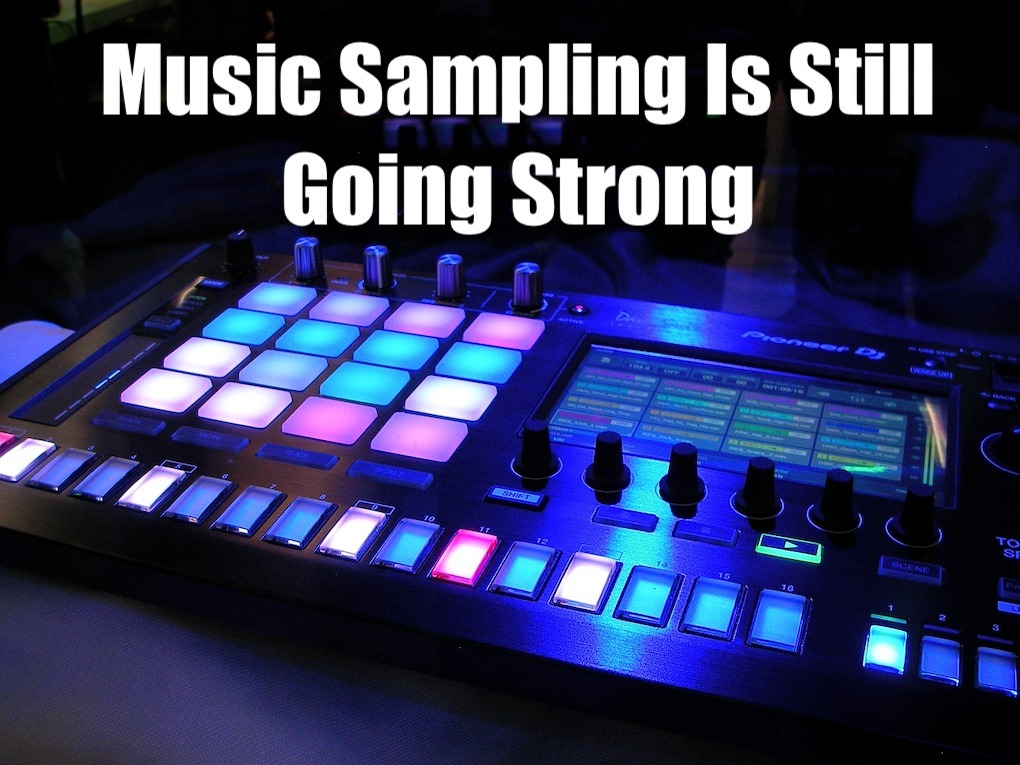- in Production by Bobby Owsinski
Don’t Look Now But There’s More Sampling In Music Than Ever

When digital sampling first came available in the 1980s it was a revelation. Sounds could be replaced with better ones and loops of audio could be used as the basis of songs. For some reason many musicians, artists, and producers have been under the impression that sample use peaked around the turn of the century though, but they couldn’t be more wrong. The Tracklib team looked into the state of sampling today and found that the process is being used more than ever.
How Much Music Sampling Is There?
Want proof? According to the report, “1 in 5 songs in the Billboard top 100 of 2018 include samples. As a matter of fact, there are almost twice as many samples now compared to a decade ago.” That 20 to 25% number actually has been steady over the last decade, but it turns out to be twice as many samples as appeared in songs 10 years ago or more.
What Gets Sampled?
One of the more interesting insights is exactly what gets sampled. It turns out that the use of samples is determined more by when you were born than anything else. In fact, most producers use samples from songs that they heard between the ages of 5 and 10 years old!
Another myth that the report busted is the fact that most samples come from music of the 70s. While that decade of music is still revered by artists, producers and listeners, not a single sample from that decade appeared on Billboard’s Top 100 list last year. The songs that were most sampled came from the 2010s!
Trends In Sampling
Just like anything else, sampling is all about trends, and the latest ones are a little surprising. According to the report:
- Clearing samples from dead artists got easier. The estates are into making money, so they’re cutting deals like never before.
- More obscure sources are being used. I’m not sure if this is because it’s more difficult to get caught without a clearance or not, or if producers are tired of copying the obvious sources again, but samples are coming from the back end of the catalog these days.
- Release first – Ask later. This trend surprises me given that the plagiarism lawsuits are being won so easily by the defendants these days. If you get caught after the song is released, it’s going to cost you way more than if you cleared it beforehand.
There’s so much more in this report that’s worth reading if you use samples in the creation of your music. One thing that’s front and center though – sampling is here to stay no matter what anyone says.
Sorry, but comments have been disabled due to the enormous amount of spam received. Please leave a comment on the social media post related to this topic instead.

